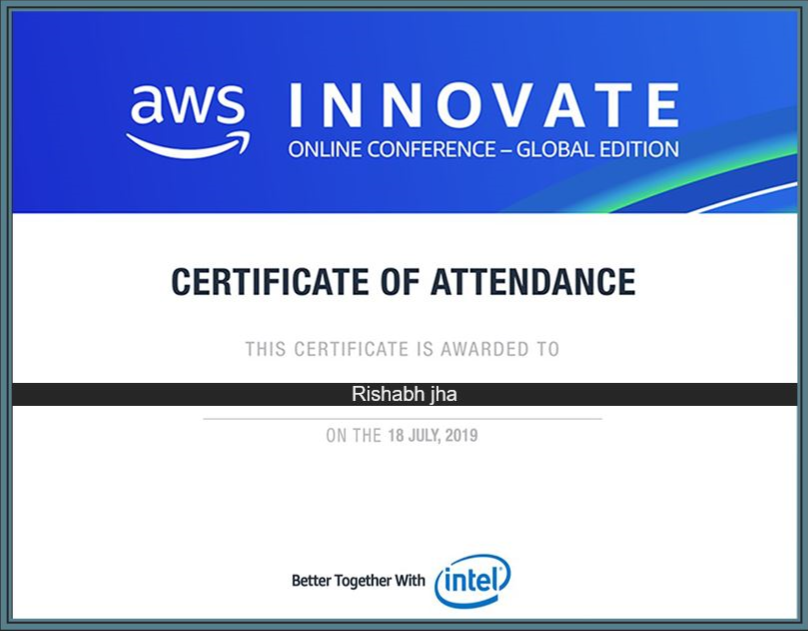So you got into a college-not necessarily the college of your dreams, but the best of the pool.
Not long after a couple of semesters did you come across your seniors, faculties, batchmates, placements' trends and every possible animate entity of your college insinuating how exceptional coding skills make for an exceptional success story and an exceptional package.
Now while most of that might be true,here's the catch. Emphasize on the word 'exceptional'. If you are a fresher embarking upon your graduation journey and with mediocre coding skills, then you have two ways to travel. You might work your ass-off and reach the zenith of whatever skills you may desire to learn in the development domain
But wait, that's not the case we're here to talk about. You might be a fresher with a certain inference that you don't want to pursue a career in development-or you might be in 2nd/3rd or heck even in 4th year-realising after giving substantial amount of trials towards learning a coding language but almost always ending up with sh**load of frustration.
The sooner the better for you to turn that frustration into productivity. Remember, being phenomenal at something is better than being mediocre(at best) at programming.
So now that you know what you can't do, let's have a look at what you can. Here's a list of the other technical career pathways:
UX Designer

Known as user experience designer, it would be fair to consider them as the most common non-coding tech jobs in the IT industry. Named as one of the Linkedin's top demanded skills for 2020, UX designing majorly involves making your clients' lives easier. If you feel like you're cutout for identifying and articulating the pros and cons of a product, understanding the need of your customers and scavenging through data-then UX Designing might be your cup of tea.
Average salary: ₹696,733
UI Designer

While somewhat in-line with the UX designing, UI designing involves dealing with software and technologies to much deeper extent. You'll need your creative muscles to be flexed while creating the look and feel of a software/web-app/website's interface. You'll be doing each step from brainstorming to engineering, maintaining the workflow of your interface, seamless and hassle-free communication of ideas with the user making it an appealing cohesive whole.
Average salary: ₹501,760
Solutions Architect

Now this field may not be absolutely exclusive with coding but it demands for you to be erudite and experienced when it comes to multi-faceted IT domains-likes of Scripting, databases, networking, web technologies, so on and so forth. A solutions architect is the person who organizes development efforts and is responsible of designing highly resilient, highly scalabe, highly available as well as highly secure infrastructures as per your client's needs. You envision the underlying architecture of an application and are responsible for the execution of that vision.
Average salary: ₹1,755,766
SEO/SEM Specialist

As a search engine optimization & marketing specialist you'll be the driving force of a company's presence on the web, providing a push to the organic ranking and turning those searches into legitimate traffic that converts. Optimizing those forever updating algorithms with up-to-the-minute relevance. Working in collaboration with the developers and web-designers, you'll be ensuring the best practices for your client or company-all the while giving you a necessary exposure to the nascent technologies nonetheless.
Average salary: ₹238,624
Networking

While choosing networking maybe like choosing the genre of movie to watch next, you'll be yet to decide your next flick-meaning, when deciding networking as a career pathway, you'll still need to pick a particular domain to build your career in. Can be categorized as follows:
-
Routing and Switching
-
Security
-
Data center
-
Wireless networking
-
VoIP
just to name a few. Good for you, you have a cornucopia of certifications from service providers like Cisco, AWS, GCP and Azure etc. and great courses to get yourself trained for the latter. Although networking jobs are often touted to be the most demanding jobs in the IT sector, it is definitely vastly expanding even as we speak.
Average salary: ₹313,880 (Very rough figure, depends on the role)
Business Analyst

To the outside world, software development cycle may seem to be like a forthright task. However, it isn't just for the developers to deliver their client's need of the hour but the communication gap between the technical drivers of the product and the client is formidable and rarely translates to the actual thing. This is where a business analyst comes into the picture bridging the gap between developers and the clients. After apprehending the customer's need and breaking them down into minuscule individual tasks for individual developers to address them in a systematic manner. This role is crucial for the efficiency of the developers as well as the satisfaction of the client.
Average salary: ₹607,281
System-Operations(SysOps) Administrators

The responsibilities of a SysOps Administrator begin where that of a solutions architect's end. The day-to-day operations of an organisation's IT infrastructure, including provisioning servers, managing networking tasks and operating just about everything in that infrastructure comes into this role. Automation of these services is being emphasized in the industry and the task of automation may also be expected depending on the organization's needs.
Average salary: ₹846,000 (AWS Certified)
Cloud Computing

Topping the Linkedin's top demanded skills for 2020, Cloud computing is definitely something worth your consideration. It's hot and growing like nothing else-not only can it serve you as the beginning of a fresher's career-but can also prompt many professionals to look in it for a career change. Everyday in and out, companies migrating to cloud or spinning up workloads there are on a hiring spree for skilled and erudite employees. Look below for the diversified roles in cloud computing, some of which we've already covered above:
-
Cloud Administrator
-
Cloud Architect
-
Cloud Engineer
-
Cloud Security Manager
-
Cloud Application Developer
-
Cloud Network Engineer
-
Cloud Automation Engineer
To get hired in some of these growing cloud computing job role, a candidate should have five to 10 years of experience in infrastructure operations and application development, in addition to two or more years of practical experience with CI/CD development models. Although, expectations may vary from organisation to organisation.
Average salary: ₹1,375,000
Software QT

Prior to deploying the software to the consumers globally, comes the role of software quality testers of ensuring the proper functioning of the same and conveying any bugs and loop holes to the developers. This field, while somewhat related to, but is seperate from quality assurance(QA). They perform the task of monitoring the software at hand through a series of funcional,stress and scalability test impersonating a user in effort to break into the software for the sake of improvisation.
Average salary: ₹335,499
Note
Now these can be considered only the tip of the iceberg to say the least, the motive of this post stands as to motivate you to reach out for things that may tickle your zest and to give an insight only to some of the career pathways to move on-which, while technical, require minimal or no coding skills. Google up the particular domain that interests you the most and start diving deep into the concepts and certifications alike. Remember, before winning a race, you need to enter into one ;)
But that's not it, will be uploading more - Stay Tuned.











Leave A Comment